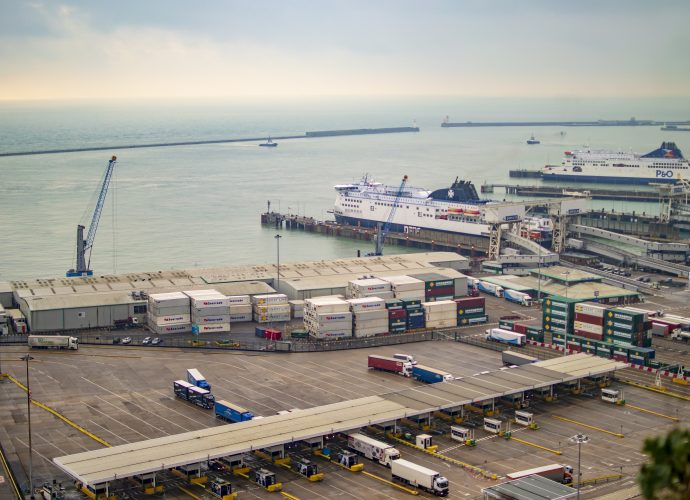With UK-EU talks on the future trade and economic relationship continuing, what are final considerations before the end of the transition period on 31 December 2020?
UK-EU trade deal negotiations continue with a commitment to “go the extra mile” to break the deadlock. A new deadline for a decision on progress has not been set and there are questions around how a deal could be ratified in time, particularly on the EU-side.
For the purposes of business planning, EY recommends that UK businesses consider the following:
- Plan on the basis of legal certainty. The Brexit transition period will end at 23:00 GMT on Thursday 31 December. If no deal is in place, the UK and EU’s trading relationship will be on the basis of terms set out by the World Trade Organization (WTO). Under WTO rules, tariffs would automatically apply to goods traded between the two parties.
- Accept that change is now inevitable. Aside from tariffs, the majority of regulatory changes triggered by Brexit are ‘deal agnostic’ thus will apply even if a deal is reached. Changes will be needed to almost all business functions and include border bureaucracy, a new immigration system, non-tariff requirements (e.g. licensing and markings), contracts, tax compliance, data systems etc.
- Expect significant disruption. Irrespective of a deal, the scale and breadth of simultaneous changes will challenge ‘business as usual’ for many organisations. As set out by the Government’s Reasonable Worst Case Scenario, border delays will be a tangible example. New processes which are still being tested (e.g. HMRC’s Goods Vehicle Movement Service only goes live on 23 December) and lack of readiness, particularly among smaller business, to use these systems will compound issues throughout supply chains.
- Adapting will be a process. This guide provides a checklist of key commercial actions for businesses to consider putting in motion before the end of the transition period. The reality is that many of the changes will be needed into 2021 or require wider operating model transformation.
Top five actions with 15 days to go
- Appoint a day one response team to include representatives from all the impacted business functions including supply chain, procurement, HR, legal and IT. Be sure to include appropriate cover over the holiday period with relevant contact details and planning rota.
- Communicate with your priority customers and suppliers on any expected Brexit impacts on your business and understand their positions. Appoint appropriate contact points within your business for those customers and suppliers which can be reached over the holiday period.
- Apply for relevant EORI numbers VAT registrations in the UK, EU and Northern Ireland. These will be crucial to being able to complete the necessary customs procedures.
- Closely monitor the impact of Brexit on your cost base. Prepare to reassess operations which may become unprofitable and quickly revise your pricing models.
- Collate a priority checklist of regulatory requirements (including registrations, labelling and markings) required for shipments of products due to arrive after 31 December 2020. Be aware of the risks of non-compliance and implement changes needed.
Image: Dover, UK, by Digivims / Adobe Stock











Thanks!
Our editors are notified.